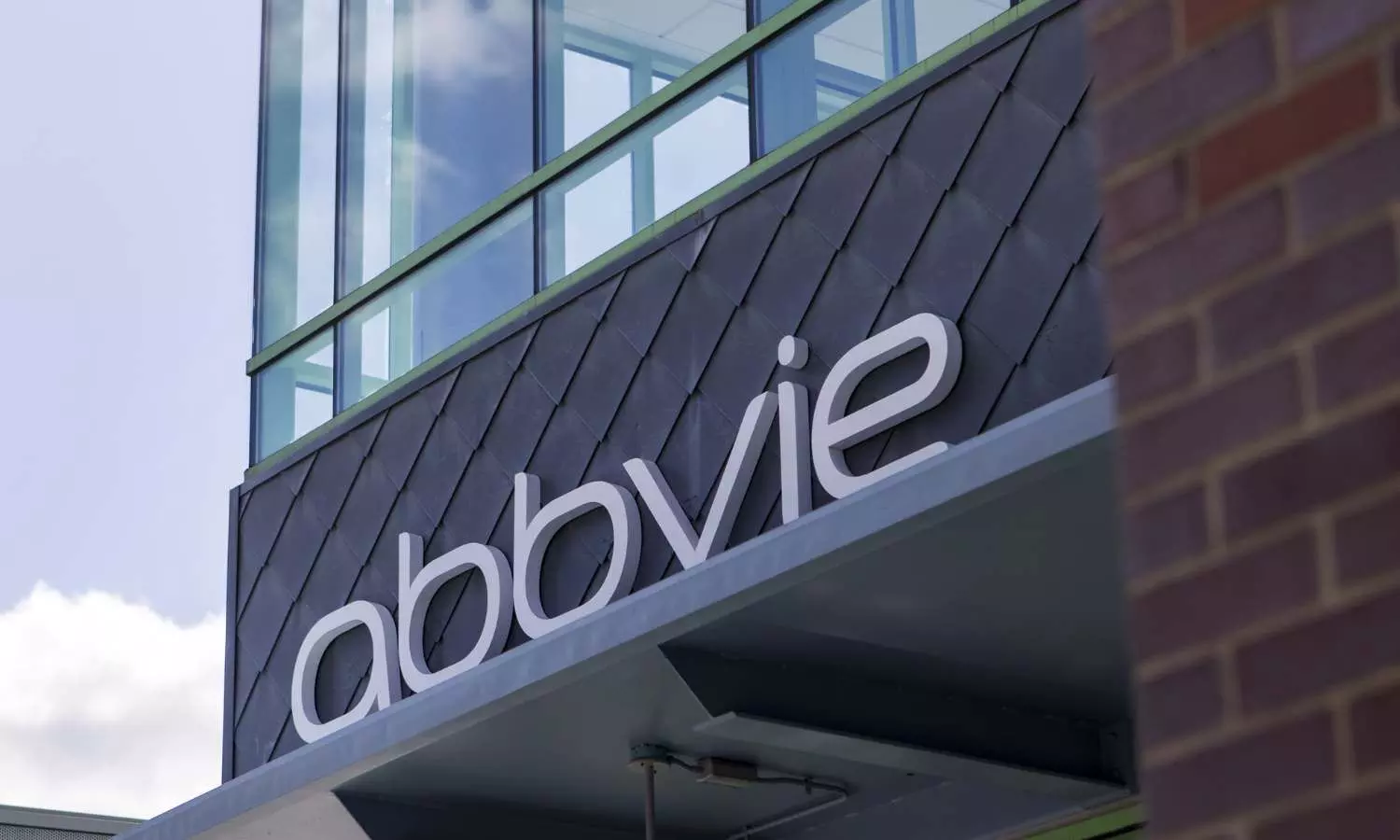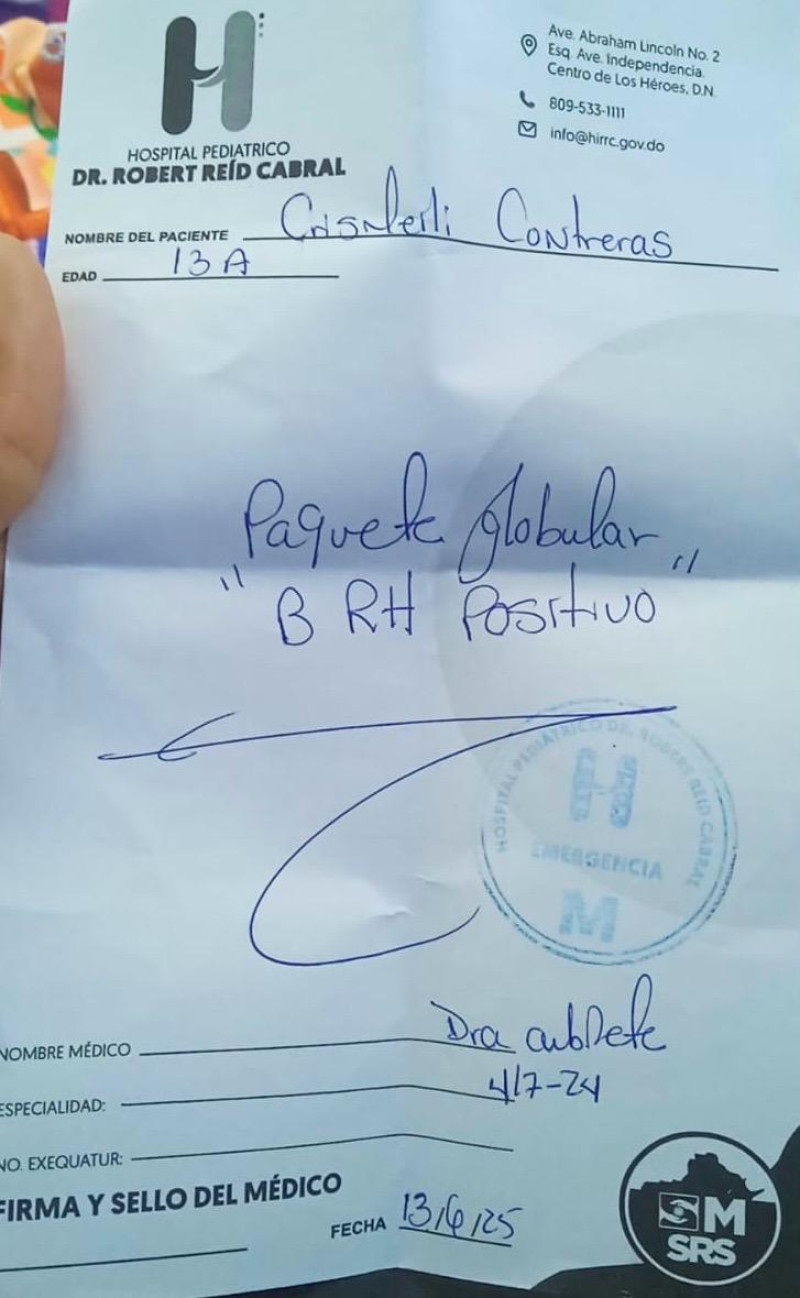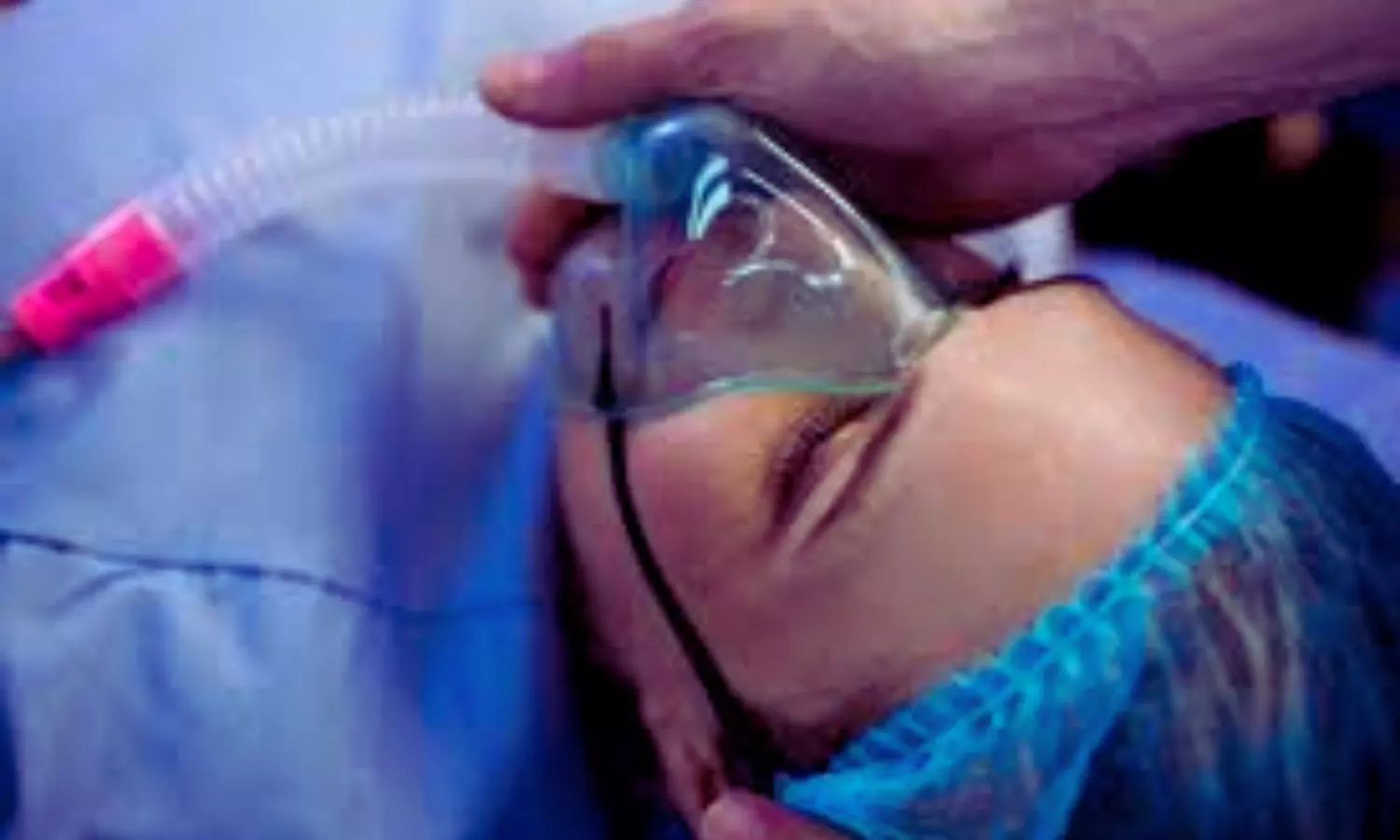Walking more may prevent cause of lower back pain: Study - NewsNation
- Walking more may prevent cause of lower back pain: Study NewsNation
- Getting in more steps may prevent the leading cause of disability in the US, study says CNN
- Longer walks linked to lower risk of chronic low back pain Medical Xpress
- How far you walk may be more important than speed to fix chronic back pain The Independent
- Back pain can be eased with walking - but there's a specific number of minutes to reach per day Daily Mail
2 months 15 hours ago
Deadly fungus in US threatens lives as infection rates rise in These seven states | World News - Hindustan Times - Hindustan Times
- Deadly fungus in US threatens lives as infection rates rise in These seven states | World News - Hindustan Times Hindustan Times
- Climate change leads to spread of infection-causing fungi, scientists say ABC News
- Aspergillus fumigatus, lethal fungus spreading across US raises alarm — Florida, Texas, California & more states at risk Mint
- Deadly fungus that 'eats you from the inside out' invades US: 'Hundreds of thousands of lives at risk' Daily Mail
- Not a virus or bacteria, but this silent killer is spreading and climate change is helping it thrive The Economic Times
2 months 18 hours ago
STAT+: Pharmalittle: We’re reading about a Sarepta setback with a DMD drug, FDA workload causes a delay, and more
2 months 18 hours ago
Pharmalot, pharmalittle, STAT+
Medical News, Health News Latest, Medical News Today - Medical Dialogues |
Who were the 30 doctors? RTI sparks questions in Pharma Freebies case
2 months 19 hours ago
MDTV,Top Videos MDTV,Channels - Medical Dialogues,Top Videos
Medical News, Health News Latest, Medical News Today - Medical Dialogues |
Health Bulletin 16/June/2025
2 months 19 hours ago
MDTV,Channels - Medical Dialogues,Health News today MDTV,Health News Today
Medical News, Health News Latest, Medical News Today - Medical Dialogues |
Adopting healthy diet may have cardiometabolic benefits regardless of weight loss, suggests study
2 months 1 day ago
Cardiology-CTVS,Medicine,Diet and Nutrition,Cardiology & CTVS News,Diet and Nutrition News,Medicine News,Top Medical News,Latest Medical News
Kristopher Mohamed needs help to fund cancer fight - Trinidad and Tobago Newsday
Kristopher Mohamed needs help to fund cancer fight
Trinidad and Tobago Newsday
2 months 1 day ago
Advice for trying GLP-1 drugs for weight loss from a doctor who's been there - NPR
- Advice for trying GLP-1 drugs for weight loss from a doctor who's been there NPR
- Medical experts warn 'Big Food' is fighting back against Ozempic with addictive items for sale Fox News
- You need more than Ozempic to fight food addiction. Here's how The Detroit News
- Ozempic Disrupts Big Food’s ‘Bliss Point’ Addiction Model Dallas Express
- You need more than Ozempic to fight food addiction Havasu News
2 months 1 day ago
Intermittent fasting's surprising biblical roots revealed as diet trend grows
2 months 1 day ago
Health, diet-trends, weight-loss, religion, food-drink, lifestyle, Nutrition, healthy-living
Medical News, Health News Latest, Medical News Today - Medical Dialogues |
USFDA approves expanded indication for AbbVie Mavyret for Acute Hepatitis C Virus
2 months 2 days ago
News,Industry,Pharma News,Latest Industry News
“B” positive blood urgently needed for a girl suffering from a rare disease
2 months 2 days ago
Health, Local
Medical News, Health News Latest, Medical News Today - Medical Dialogues |
Who were the 30 doctors? RTI sparks questions over secrecy in Pharma Freebies case
2 months 2 days ago
Editors pick,State News,News,Health news,Delhi,Doctor News,Latest Health News,Pharma News,NMC News,Notifications
Climate change leads to spread of infection-causing fungi, scientists say - ABC News
- Climate change leads to spread of infection-causing fungi, scientists say ABC News
- Deadly fungus that can "eat you from the inside out" is now in the U.S. and quickly spreading around the world Earth.com
- The deadly fungus spreading through Europe. Euro Weekly News
- Warning over hidden danger in compost that rots lungs and kills The Mirror
- Experts sound alarm over potentially lethal fungus that sounds straight out of 'The Last of Us': 'We're talking about hundreds of thousands of lives' The Cool Down
2 months 2 days ago
Warning over hidden danger in compost that rots lungs and kills - The Mirror
- Warning over hidden danger in compost that rots lungs and kills The Mirror
- Deadly fungus that can "eat you from the inside out" is now in the U.S. and quickly spreading around the world Earth.com
- Climate change leads to spread of infection-causing fungi, scientists say ABC News
- Experts sound alarm over potentially lethal fungus that sounds straight out of 'The Last of Us': 'We're talking about hundreds of thousands of lives' The Cool Down
- Could killer fungus spreading to Bolton? The Bolton News
2 months 3 days ago
Medical News, Health News Latest, Medical News Today - Medical Dialogues |
Conservative Oxygen Therapy does not harm chances of survival in Ventilated ICU Patients: JAMA
2 months 3 days ago
Top Medical News,Critical Care,Critical Care News,Latest Medical News
Boulder County resident exposed Flatiron Flyer passengers to measles - The Denver Post
- Boulder County resident exposed Flatiron Flyer passengers to measles The Denver Post
- Possible measles exposure locations in Denver, Boulder after new confirmed case KDVR
- Colorado confirms 15 cases of measles after Boulder County resident returns from Europe CBS News
- CDPHE announces state's 15th case of measles in 'fully vaccinated' Boulder County adult Denver7
- Fully vaccinated Boulder County resident contracts measles 9News
2 months 3 days ago
The Y chromosome is disappearing, and this fact is already causing problems for men - Earth.com
- The Y chromosome is disappearing, and this fact is already causing problems for men Earth.com
- Concurrent loss of the Y chromosome in cancer and T cells impacts outcome Nature
- ‘New realm of biology’: missing Y chromosomes worsen cancer Fierce Biotech
- Loss of Y Chromosome Leads to Poor Cancer Outcomes Cedars-Sinai
- Study shows loss of Y in blood cells hinders immune response to cancer The University of Arizona Health Sciences
2 months 3 days ago








